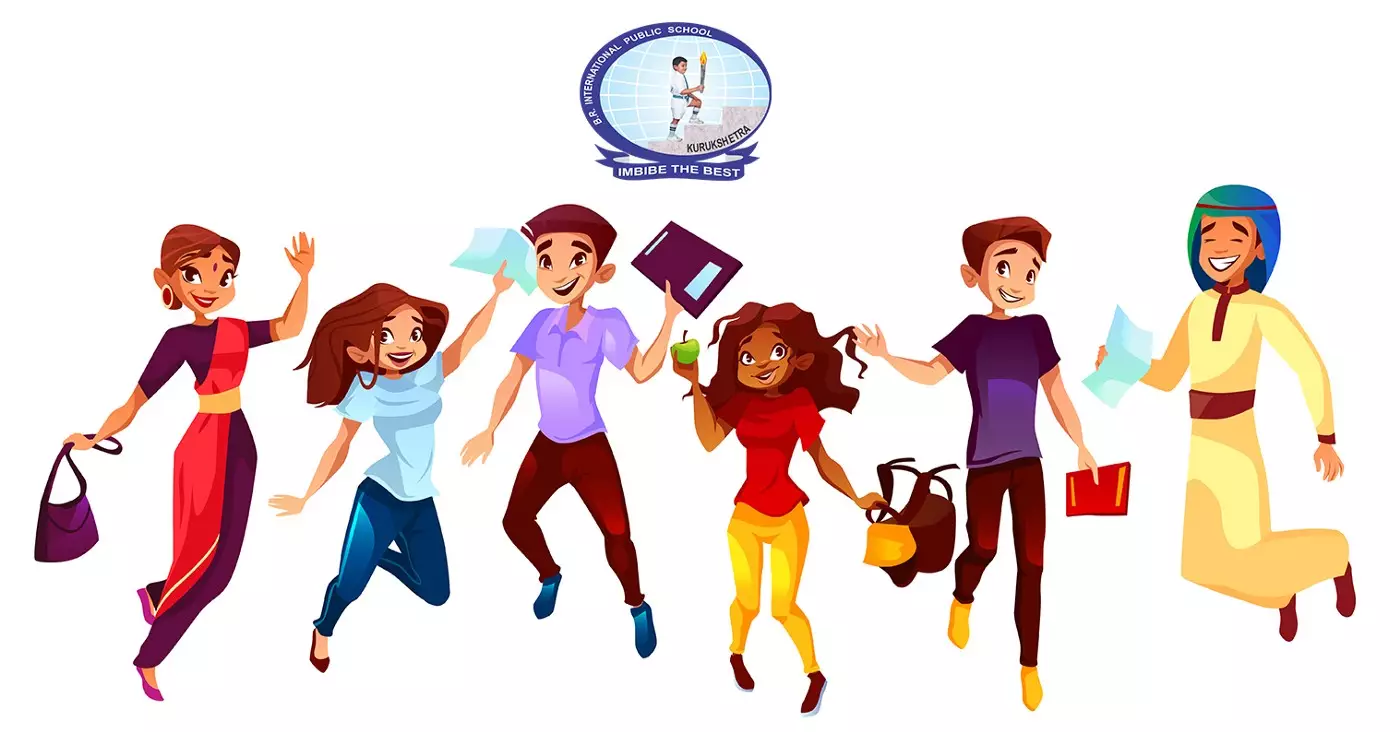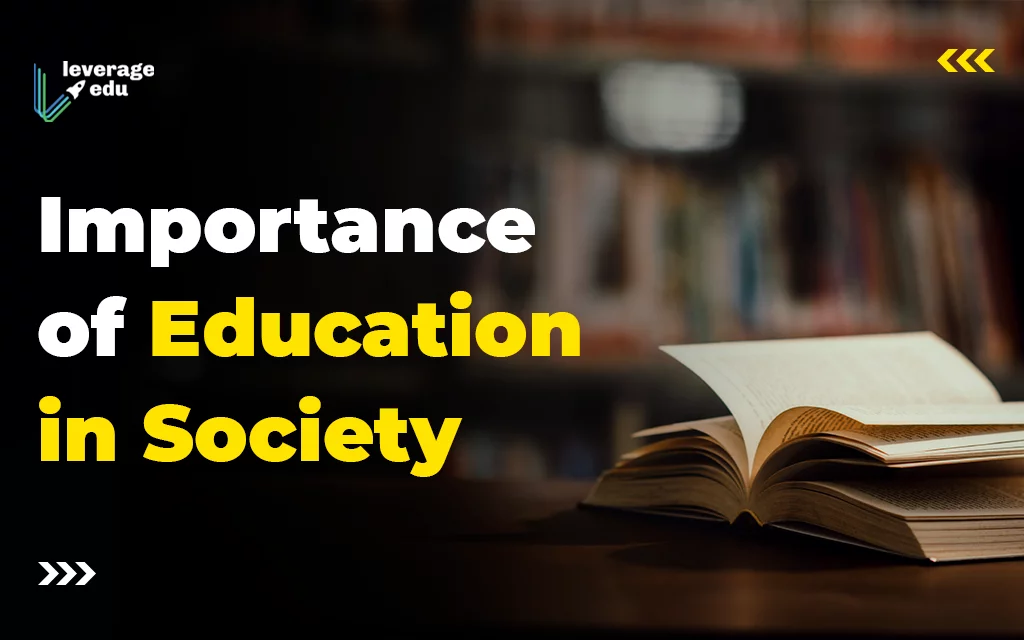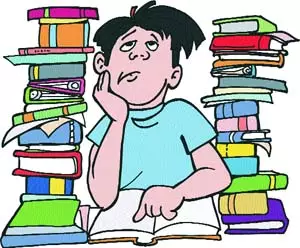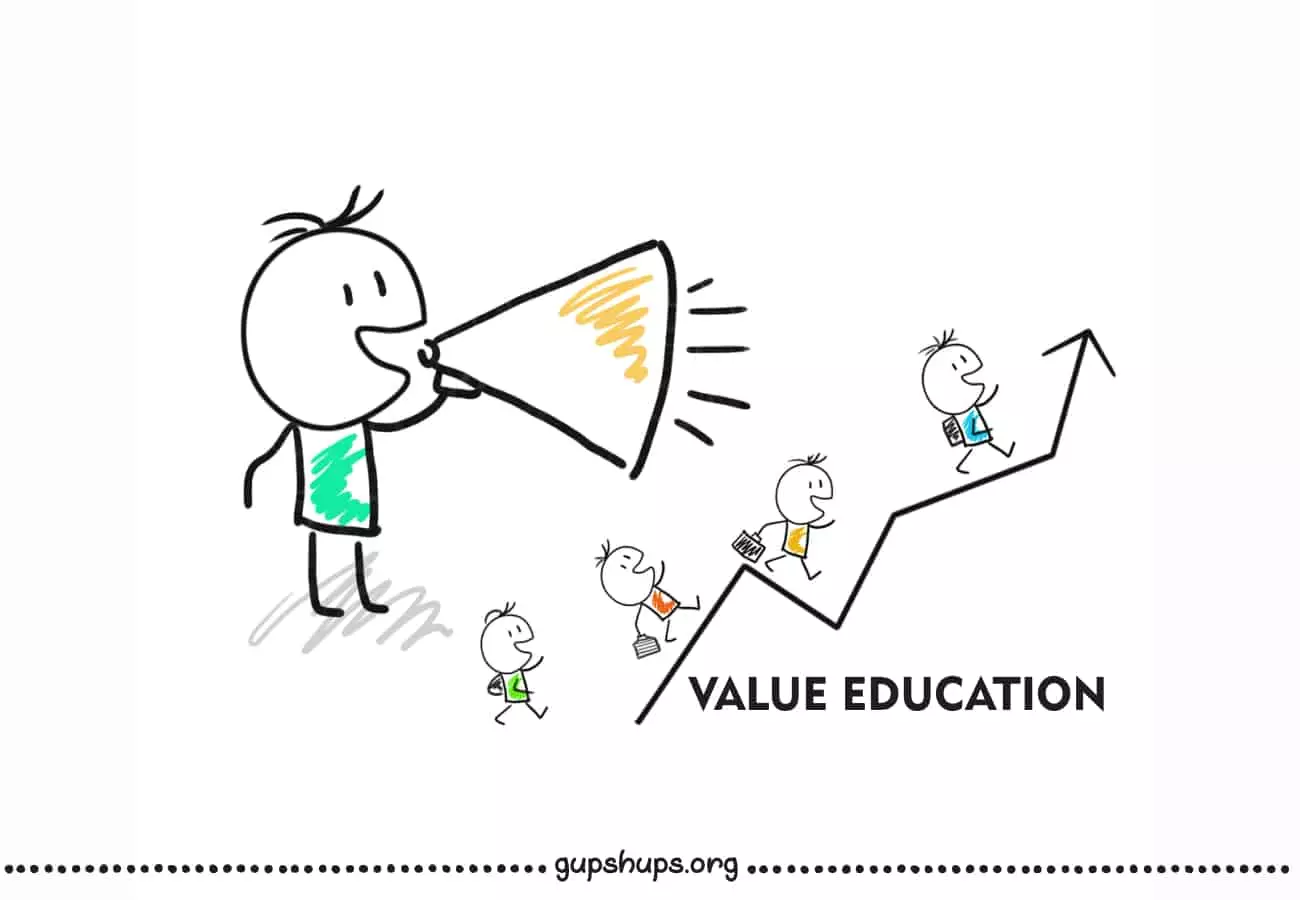Discuss the salient point of Fourth Five Year Plan for education in India.
The Fourth Five Year Plan and Education.
In the fourth five year plan government has provided 1260 crore for the education which is the two and a half times more if we compare it with the money spend in second year five year plan. In this plan greater attention was given to qualitative development.
Primary Education: A sum of around Rs. 398.52 crore,was provided to spend on the primary education in the fourth five year plan. The emphasis was given to providing the education to the children between the ages of 11 to 14 years by the year 1981.
Secondary Education: The main effort in the Fourth Plan will be to enrich the content and improve the quality of secondary education. A few states have taken preliminary steps to adopt the new pattern of secondary education, recommended by the Education Commission, and propose to complete the change over during the Fourth Plan.
Higher Education: The enrollment in Arts, Science, Commerce and Law courses in universities and colleges increased by 0.2 million during each of the First and Second Plans and by 0.5 million in the Third Plan. The additional enrollment in the Fourth Plan is estimated to be about one million. Of this, 0.15 million students will be provided education through correspondence courses, evening colleges and part-time classes.
Vocational and Technical Education: A major task in the field of post-elementary education is to provide a large variety of vocational courses for children who do not intend to continue their general education beyond the elementary stage. These courses have to be of varying duration’s, depending upon the trades and vocations proposed to be learnt. The industrial training institutes will meet a part of this demand.
Physical Education: Youth services will be developed, both for students and non-students, to meet their needs in respect of personal development, idealistic yearnings and channelization of energies intellectual, emotional and physical.
For students, the programs, will include improvement in curricula and methods of teaching and evaluation, provision of amenities such as hostels, reading seats and libraries including text-book libraries, strengthening of guidance, counseling and health services and increased provision for physical education, games and sports. Programs of community or social service will be developed at the school Stage as an integral part of the curriculum.
Adult Education: Efforts will be made to spread literacy amongst adults through mobilization of voluntary effort and local community resources Pilot projects will be initiated in selected districts to begin with and the program will be extended to other areas in the light of experiment.
For the development of the program, assistance will be sought from industry, from the students working under the National Service Scheme, and from voluntary organizations which will be assisted financially and given technical guidance. Adult education will continue to be an integral part of the community development program.
Stipends: The present schemes of scholarships administered by the Central Government like the National Scholarships Schema, the National Loan Scholarships Scheme, National Scholarships for the Children of School Teachers and Merit Scholarships in Residential Schools will be stepped up. The University Grants Commission will also continue to provide fellowships for post-graduate education and research.
The number of post-matric scholarships under the scheme for assisting students from the backward classes will increase from 145,000 in 1968-69 to about 200,000 in 1973-74. Scholarships will also be awarded for mechanical and agricultural education and scientific and industrial research.
Development of Languages: The Official Languages (Amendment) Act, 1967 and the Government Resolution thereon, enjoins Government of India to prepare and implement a comprehensive programme for the spread and development of Hindi as well as the other modern Indian languages mentioned in the Constitution. The three-language formula will be progressively implemented.
The Institute of Languages has been set up by the Central Government for inter-linguistic research, training of translators and encouraging the production of appropriate literature.
Text-Books: Two important programs are contemplated for book production the production of books in modern Indian languages, with a view to their adoption as media of instruction at (The university stage, and the indigenous production of books in English, with a view to reducing our dependence on imported books.
These programs will be taken up by the Central Government in collaboration with the University Grants Commission and the State Governments. Programs of production of cheap text-books for the university stage will continue. At the school stage, intensive efforts will be made to improve the quality of text-books, to produce ancillary teaching materials and to make proper arrangements for the distribution and, sale of text-books.
Suggestions of Reforms in Education: To implement educational programs effectively the administrative machined will be streamlined. The strength of the cadres, their recruitment and training policies and the incentives provided to them at various levels as well as the remedial measures required will be reviewed. The work-load of supervisors will be examined and the concept of supervision broadened to include professional guidance to teachers.





